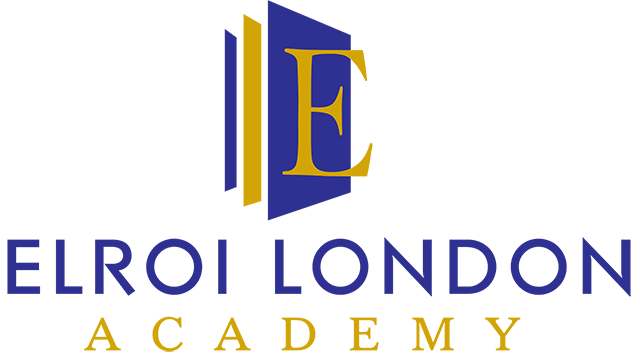Teacher education TE or teacher training refers to the policies, procedures, and provision designed to equip teachers with the knowledge, attitudes, behaviours, and skills they require to perform their tasks effectively in the classroom, school, and wider community. In education, the teacher’s ultimate purpose is to help students learn, often in a school. The aim is a course of study, planning the lesson, including learning and thinking skills. All these skills referred to pedagogical skills of a teacher. Teachers play a vital role in society. Their impacts are felt by the lives of all children from different backgrounds, including those children with varying levels of understanding, abilities and those from families that exhibit a wide range of cultural and linguistic diversity. Teachers are educators or instructors saddled to educate children by grooming and helping them discover their talents (Rahman, Nabi, Akhter, Saeed & Ajmal, 2011). According to them, teachers have long-lasting impacts on the lives of students who live to enjoy the knowledge they avail to them. They have good classroom management skills and ensure good student behaviour, effective study, and work habits (Tehseen, 2015). Biblical Teachers play a vital role in shaping the Bible believer’s mindset and psychology. This course offers specialized pedagogical training in bible education for bible teachers.

level 4 Diploma in Biblical Entrepreneurship Theology
This course aims to develop biblical concepts of entrepreneurship. An entrepreneur is an individual who creates a new business, bearing most of the risks and enjoying most of the rewards Entrepreneurs who prove to be successful in taking on the risks of a start-up are rewarded with profits, fame, and



